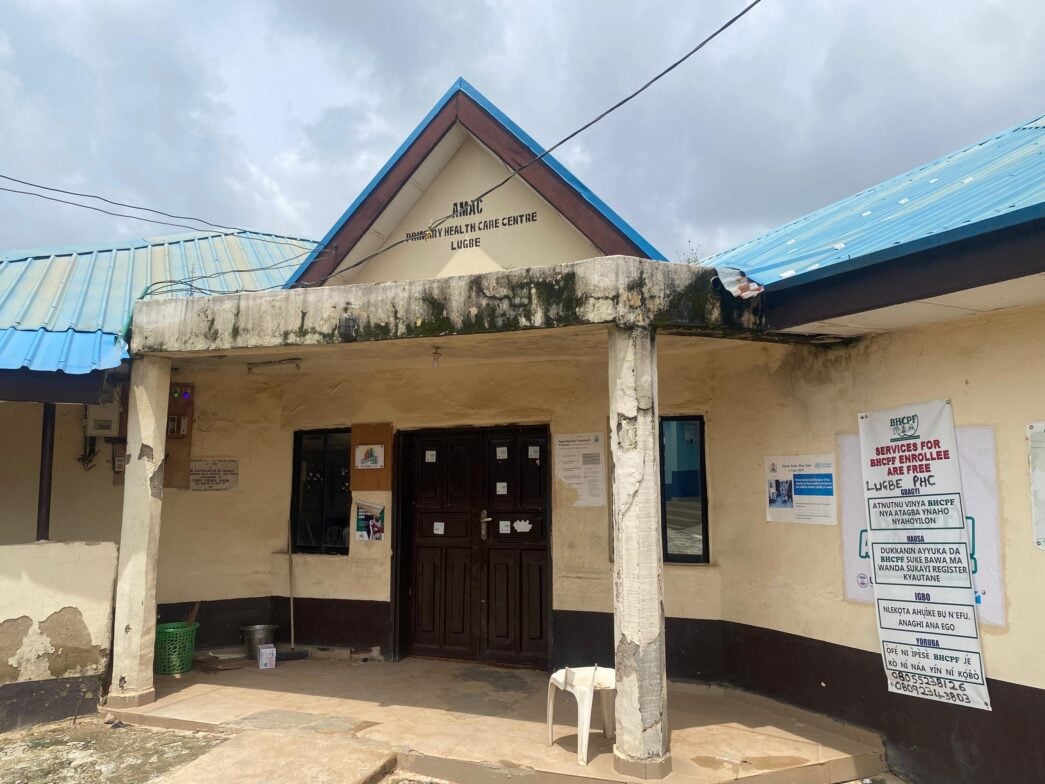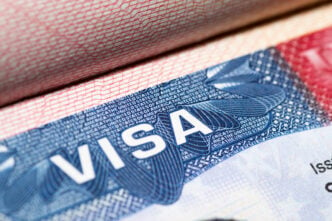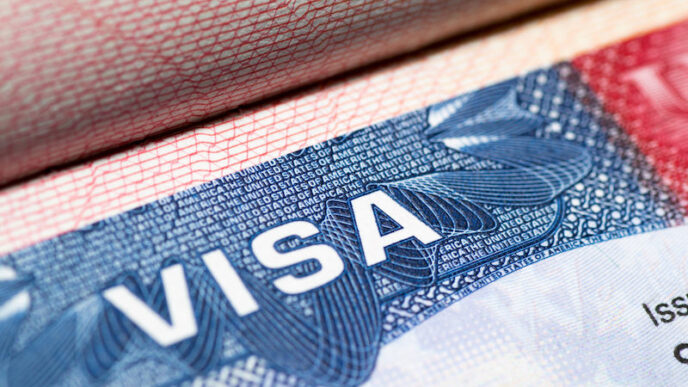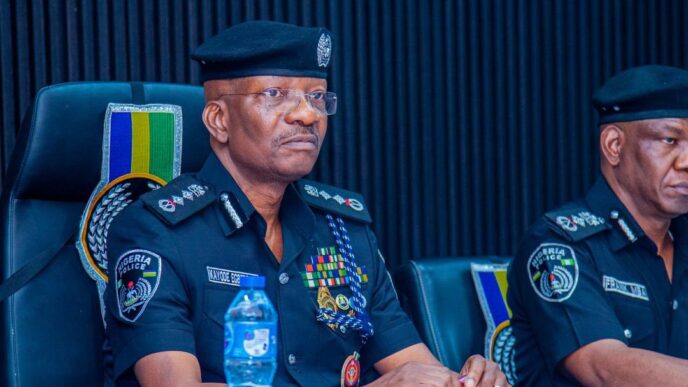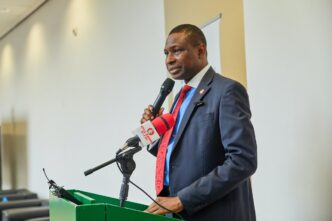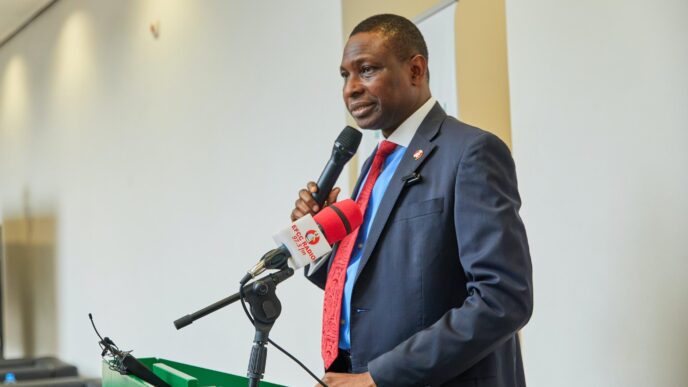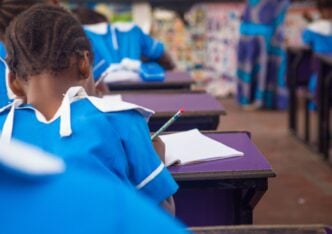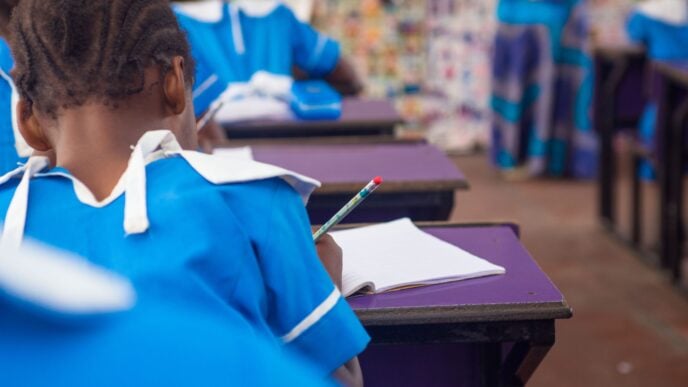AMAC primary healthcare centre under lock
It was 8:15 am on Monday. Patience, 31, sat on a bench under a tree at AMAC Primary Healthcare Centre, Lugbe, in the federal capital territory (FCT). The eight-month pregnant woman is HIV positive and hoping to receive her anti-retroviral (ART) medication at the facility.
Although the main gate of the PHC was open, the doors of the facility were locked, and the silence emanating from the waiting rooms signalled the absence of the health workers.
Patience had been told the health centre was closed, but she came from Pyakasa, a different community where she lives, in hopes that she would be able to receive her life-saving medication.
HIV positive women are required to take their ART medication throughout pregnancy to maintain good health, prevent perinatal transmission of HIV, and prevent HIV transmission to sexual partners. The medication is provided free of charge at government health facilities.
Advertisement
Patience, who works as a hairdresser, said she gave birth to her first child at the centre; but now that the facility is on strike, she would have to give birth at a private health clinic.
“I have registered at a clinic opposite the road,” she said, as she pointed in the direction of the private facility.
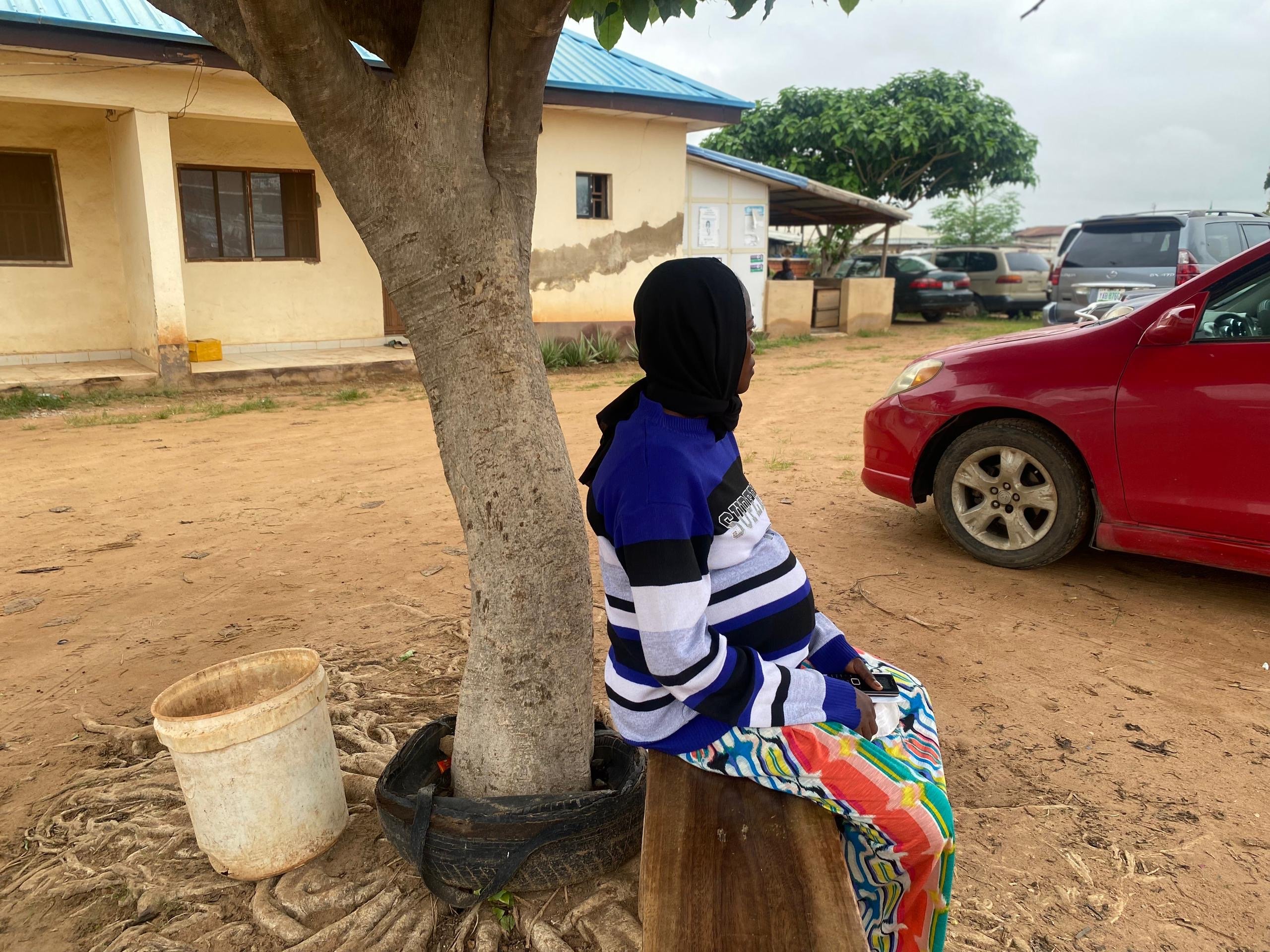
”The cost is really too much for me, but I have no choice. What can I do? I usually also use the health centre in Pyakasa, but they are also on strike. So, I have no choice but to use a private clinic.”
Advertisement
Fifteen minutes later, two more women, Rukayat with her one-year-old on her back and Joyce, holding her barely one-month-old, arrived at the centre with their children. The goal of their visit was for their children to receive the recommended immunisations.
But the security guard at the facility, in his blue outfit, told them the health centre is “currently on strike” and carefully described the location of a private facility where they can get their children immunised.
“But you will have to pay for it,” he said. The service would have been free at the primary health centre.
Rukayat, who sells sachet water, told TheCable that this is the fourth time she had visited the facility to no avail.
Advertisement
“I have been coming here for a long time. This is the fourth time now; and when I come, there is nobody here. I am going home now, but I will come another day,” she said.
The situation is replicated in PHCs across the FCT, where a prolonged strike by health workers has thrown the primary healthcare system into chaos.
In March, the Nigeria Union of Local Government Employees (NULGE) directed workers across all six area councils in the FCT to embark on a strike to demand the implementation of the N70,000 minimum wage, payment of backlogs of arrears and other entitlements owed them by the councils. Some unions under the NULGE include the Nigerian Union of Teachers (NUT), Medical and Health Workers Union of Nigeria (MHWUN) and the National Association of Nigerian Nurses and Midwives (NANNM).
Since the strike action commenced, primary schools and PHCs in the territory have been shut.
Advertisement
The workers had previously embarked on three warning strikes between November 2024 and February 2025, but the situation escalated in March 2025 following allegations of non-compliance with the agreement signed with the area council chairmen.
‘WE CANNOT HELP’
Advertisement
Strikes by Nigerian health workers are almost a yearly event, often resolved temporarily only to erupt again. According to data from Dataphyte on strike actions, Nigerian health workers spent 319 days away from work from 2000 to 2023.
The top reasons for the strikes have been the non-payment of arrears that the government owed them, non-implementation of the approved salary structure, and poor welfare.
Advertisement
Jama Medan, chairman of the National Association of Nigerian Nurses and Midwives (NANNM) in the FCT, said the ongoing strike is not a spontaneous action but the result of years of neglect and unfulfilled promises by the area councils.
He said among the core grievances is the non-payment of outstanding arrears, including months of unpaid minimum wage dating back to 2019. He said the health workers are also demanding payment of the N35,000 wage award announced by the president following the removal of fuel subsidies, which many area councils have yet to honour.
Advertisement
Medan said another critical issue is the severe shortage of staff in primary healthcare centres.
“We have about 270 primary health care centres with fewer than 140 nurses. The last recruitment was done in 2008. Since then, people have retired, died, or transferred, and no new staff have been brought in. As a result, some health centres have shut down entirely due to a complete lack of personnel,” he said.
The chairman said the effects of the strike have been devastating and expressed concern about pregnant women and patients in need of critical medication, such as tuberculosis and antiretroviral drugs.
“About 500 to 600 births occur in these facilities monthly before the strike. Now that we are on strike, where do you think these women will go? When these patients miss their medications, they develop resistance. And once resistance sets in, the drugs stop working. Many of these drugs are going to waste now. They are expiring on the shelves of locked primary health centres,” he said.
He, however, said that although patients bear the brunt of the strike, the non-implementation of the health workers’ demands had taken a toll on them.
“Look at the economic situation and hardship in Abuja. What can we do? Our workers are unable to pay their rent. They cannot pay their children’s school fees. They don’t have the money to transport themselves to work. You can imagine that I wake up in the morning and my landlord is standing there, asking for rent that I cannot pay,” Medan said.
“Psychologically, mentally, do you think I can offer anything to the patients? We are trained to save lives, but we have found ourselves in a place where we cannot help. With the condition of the services, they don’t regard us anymore. We cannot keep deceiving people.
NO NEGOTIATION ATTEMPT

Medan said that when the unions “started this fight”, the area council chairman went into agreement with them but failed to honour it.
“At the end of the day, we went for the second time, and they failed to honour it. Since then, they haven’t even come for any negotiation again,” he said.
Medan said the unions were called by Nyesom Wike, the FCT minister, who provided a bailout fund of N4.1 billion, but “the money was diverted”.
On July 3, Wike met with the six area council chairmen, the NUT and NULGE. At the meeting, a resolution was reportedly made, with the teachers agreeing to end their strike action.
However, the striking health workers represented by MHWUN and NANNM were not at the meeting.
The NANNM FCT chairman, although commending the minister’s effort at a resolution, expressed displeasure that health workers were excluded from the meeting.
“Instead of calling the four unions involved, he decided to call only the teachers. He has promised them that he is going to pay them starting Friday,” he said.
“But if he has called the teachers, we will still not end the strike because he did not call us. What happens to the primary healthcare centres? If the children are not born, who will the teachers teach?”
Although Wike has seemingly attempted to intervene in the strike by the area council workers, Lere Olayinka, the minister’s aide, said that because the workers are under the area council, “there is little level of intervention that the FCT minister can do”.
“The area councils get their money directly from the federation account, and the FCT minister cannot impose on them how to spend their money. But despite that, the minister has been intervening. But the level of his intervention can only be at the advisory level,” he said.
On the exclusion of the striking health workers from the recent negotiation, Olayinka said during the meeting with the NULGE and NUT, a committee was set up to look into all the areas, including the health workers.
“NULGE is comprised of everybody who is under the local government. The committee is mandated to sit, work, and submit a report within one week. The work of the committee will also affect that of the health workers in the area council. We are waiting for the report of the committee to know what’s next,” he said.
CONFLICTING REPORTS OF PAYMENT
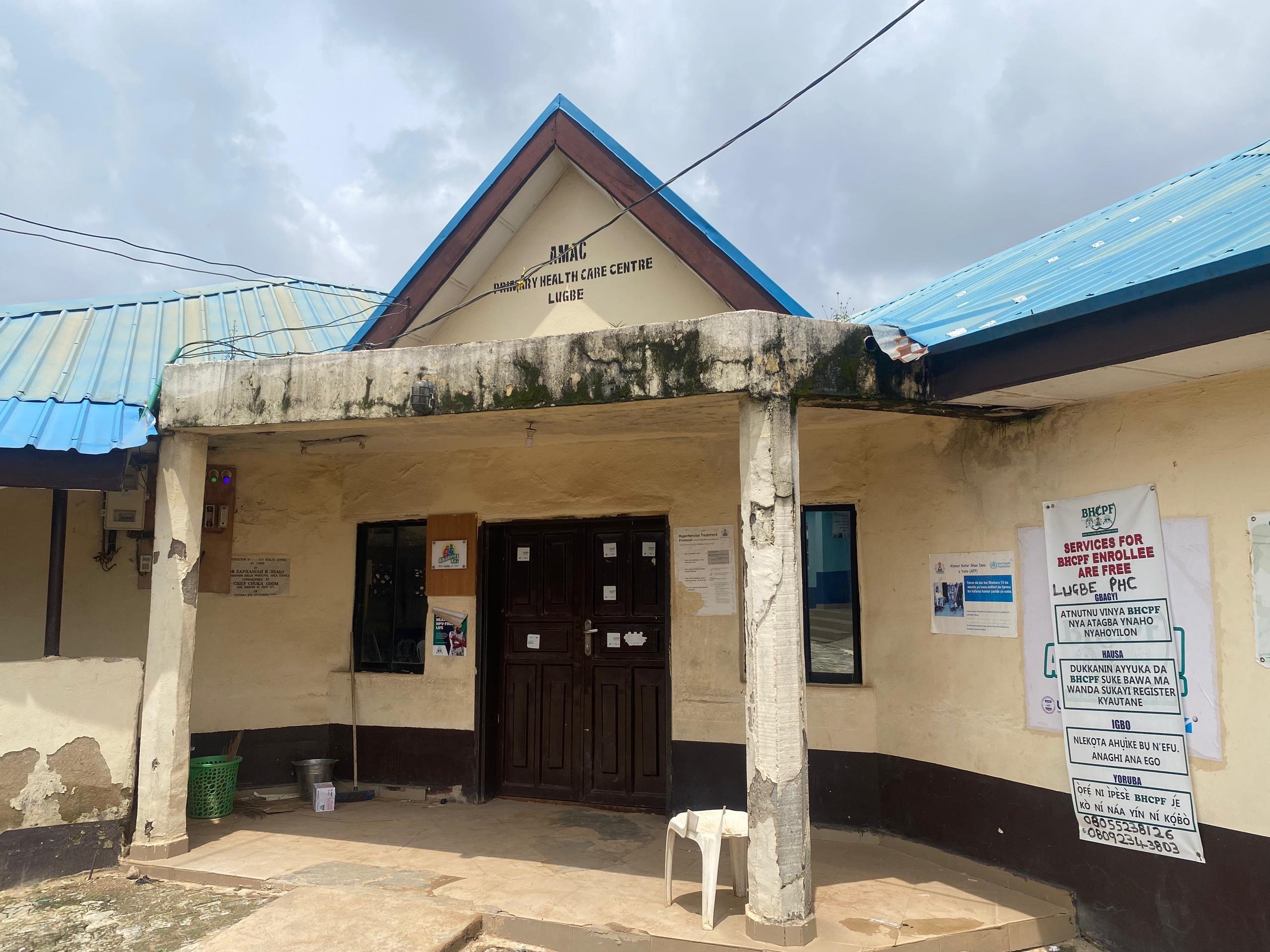
When TheCable spoke with Abu Giri, chairman of the Gwagwalada area council, on Wednesday, he claimed all payments had been made to the workers on Tuesday evening.
“All the striking workers were paid yesterday evening. So, all of them, including the health workers, will resume work today,” he said.
However, the NANNM FCT chairman denied that all health workers in all area councils have been paid, adding that only those in the Abaji area council have received payment.
“But we are still not calling off the strike. NUT may have done so, but we will not do that until all health workers are paid what is due to them. Injury to one is injury to all. Even if only one area council has not been paid, we will still not call off he strike. We also need to confirm which exact payment was made to the Abaji health workers,” he said.
As patients across the FCT continue to suffer in silence, one thing becomes clear: this is more than a labour dispute. It reflects a broken contract between the Nigerian government and its citizens.
For women like Patience, Rukayat and Joyce, the cost is immediate, painful, and terrifying.
However, until a resolution is reached, the corridors of primary healthcare centres in the FCT will remain silent, and the people will increasingly be voiceless.
